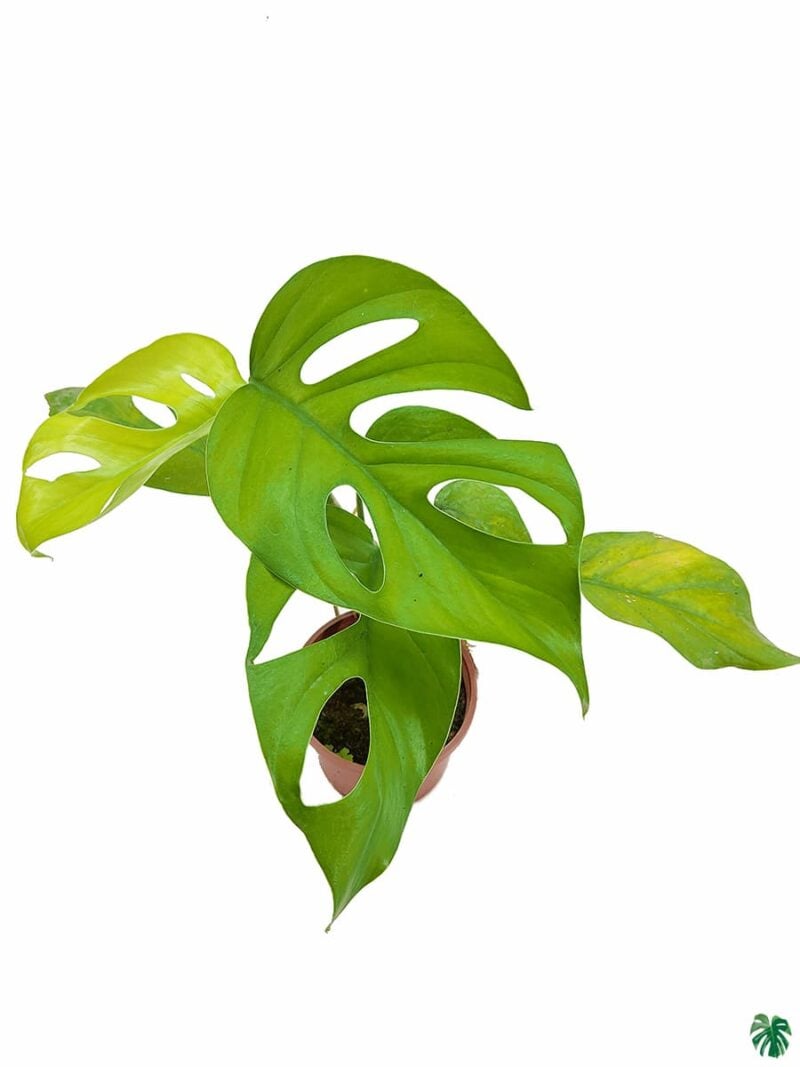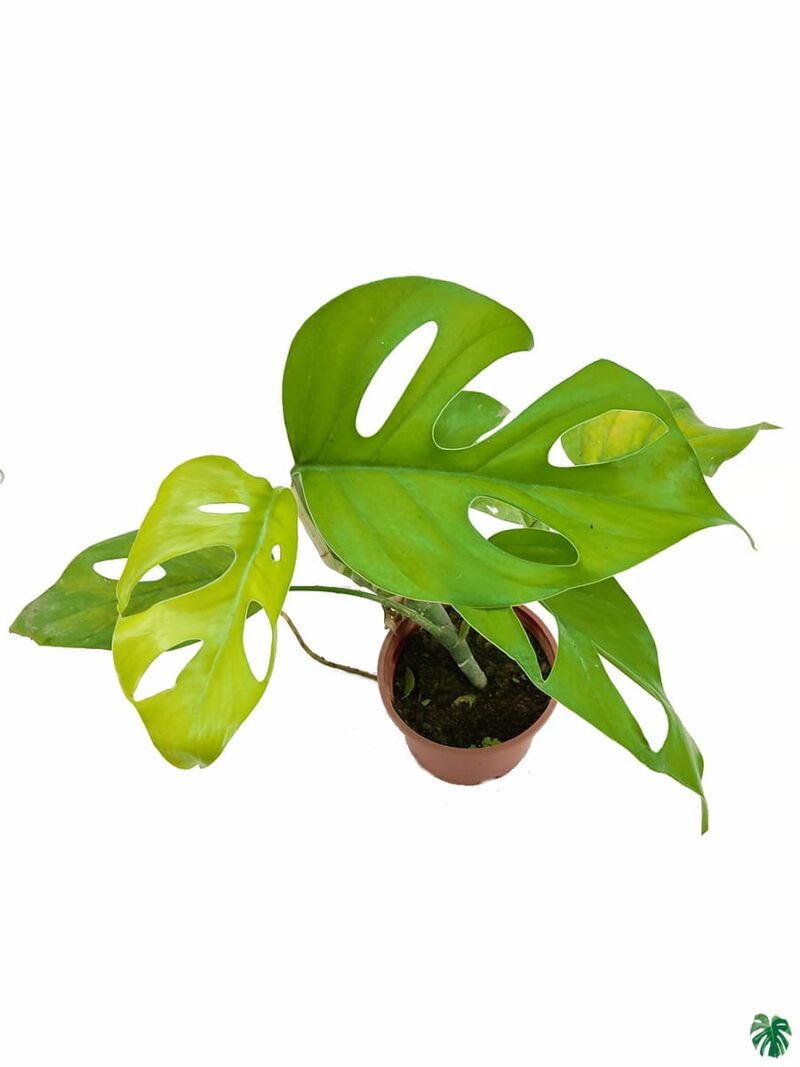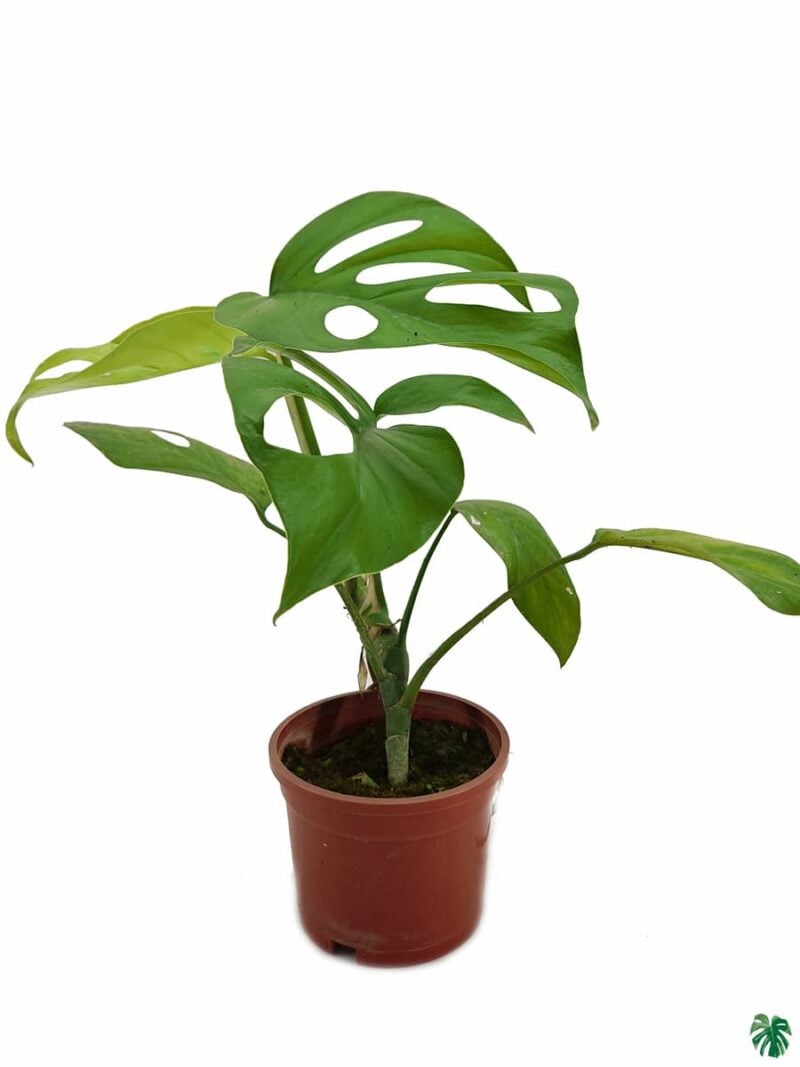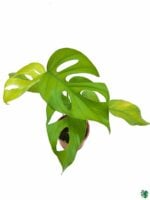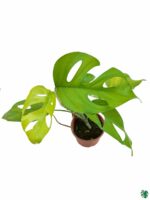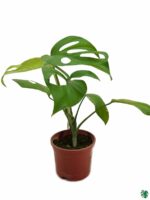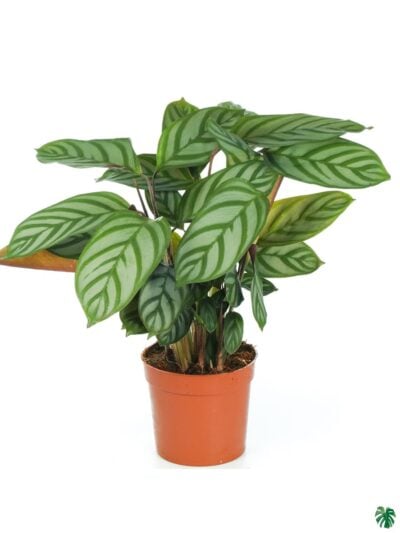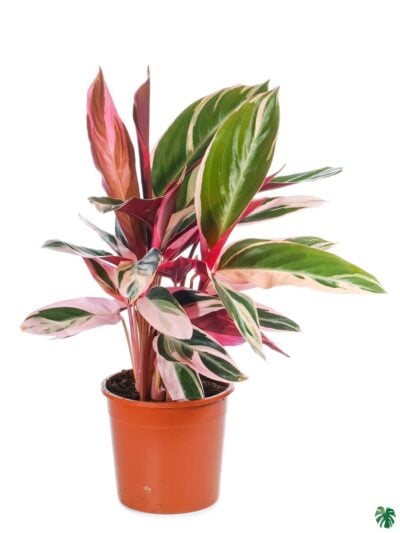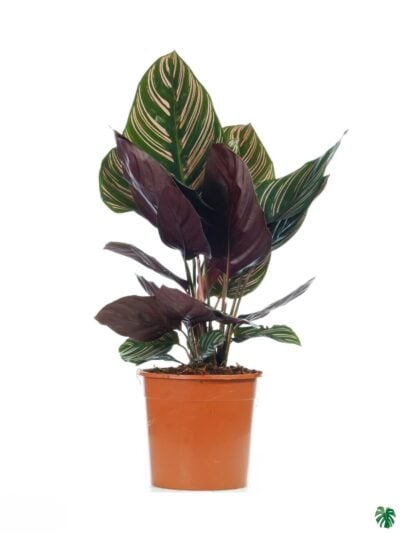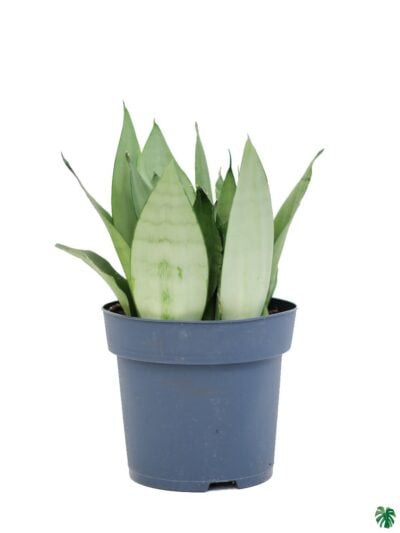Rhaphidophora Pertusa
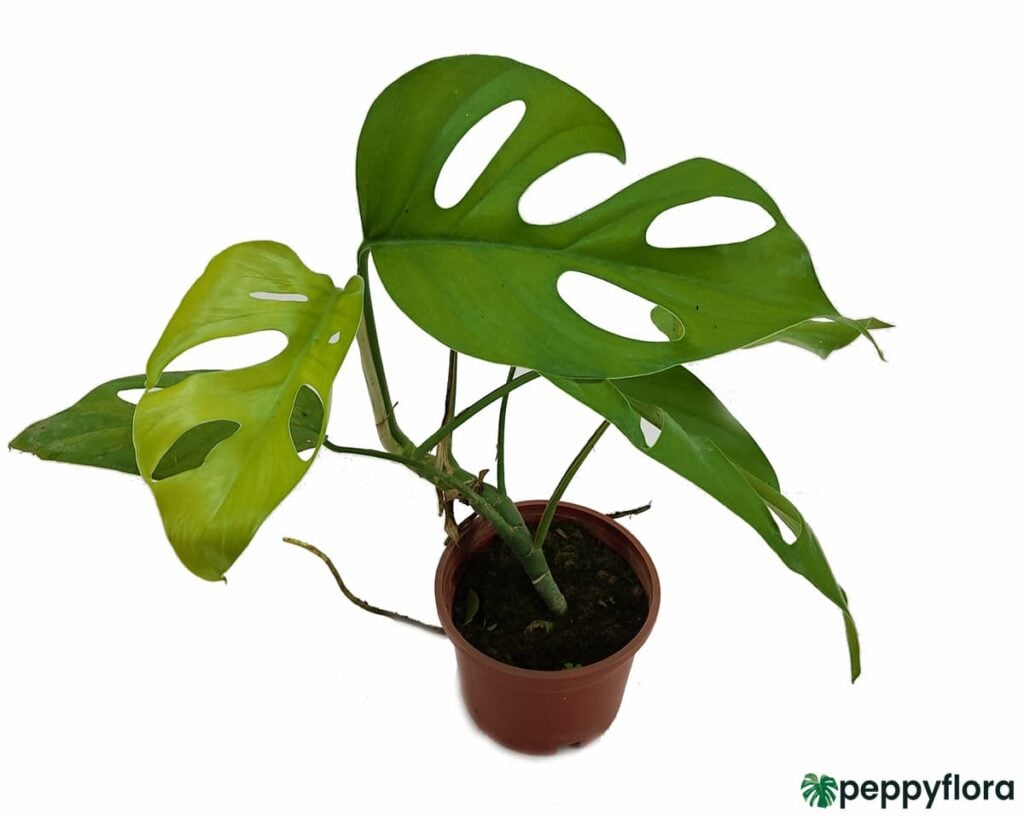
A relative of Rhaphidophora tetrasperma, this is another plant with a resemblance to Monstera and has been relabelled under multiple genera since it was first discovered. It is a very hardy plant with big leaves and thick stems, looks great as a climbing plant.
Rhaphidophora is a unique plant from the Araceae family. The evergreen vining plant is native to Malaysia and Southern Thailand. These vining plants use their aerial roots to climb trees or trellises. These aerial roots latch on to whatever they’re clambering up to stabilize them as they grow.
This lovely vining plant has striking fenestrated leaves. Evergreen and lush, this tropical is a great candidate as a houseplant.
These are hemiepiphytes, plants capable of beginning life as a seed and sending roots to the soil, or beginning as a terrestrial plant that climbs a tree and then sends roots back to the soil. In rare cases they are terrestrial rheophytes, plants that grow in fast-flowing water.

